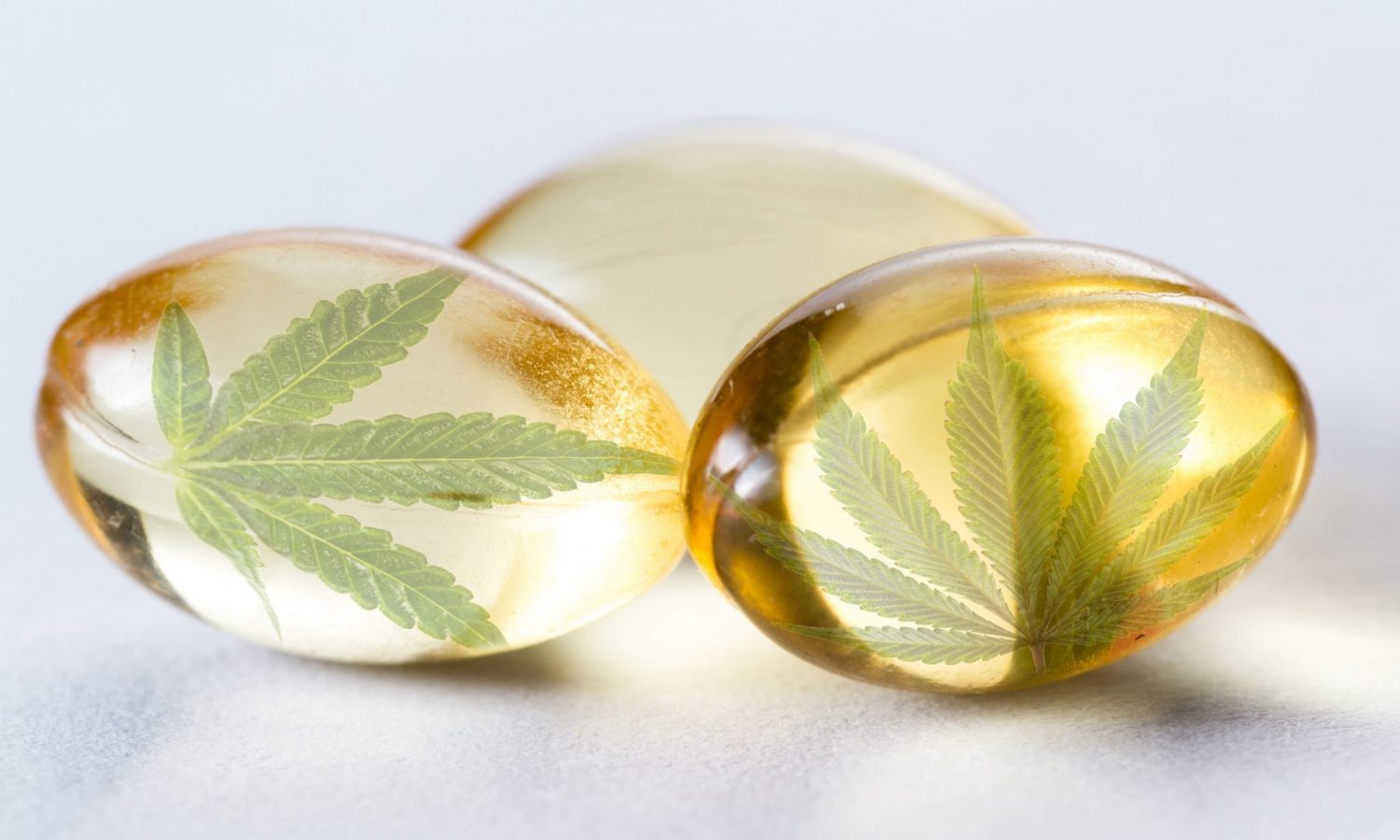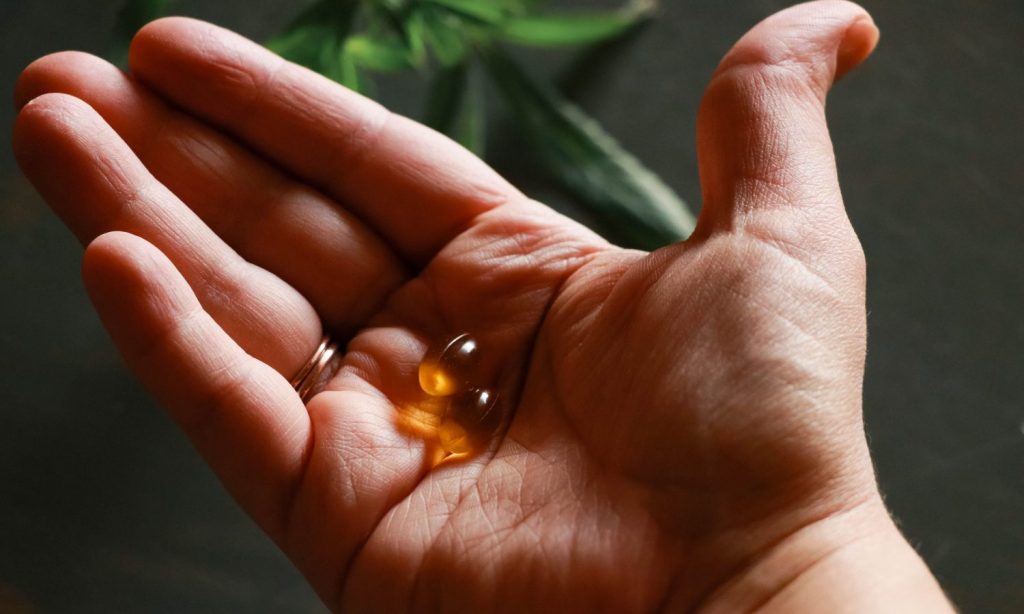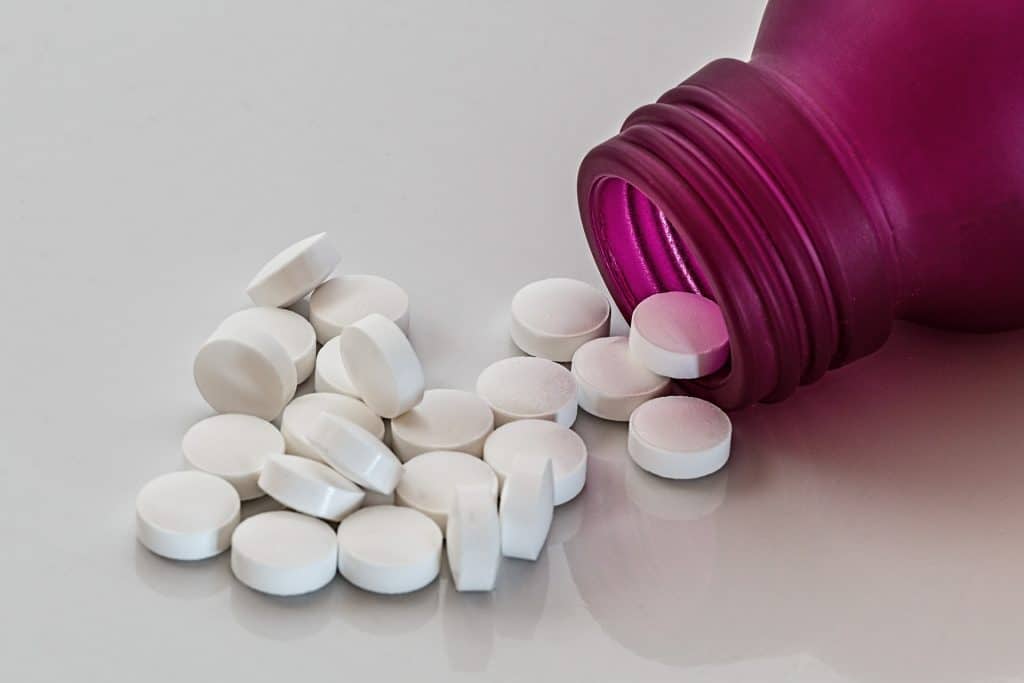
CBD vs. Ibuprofen: Which Works Better for Pain Management?
Pain is a natural and unavoidable occurrence in the human body. It is one of the body’s responses to self-healing. But sometimes it becomes too much and painkillers have to come into play.
Ibuprofen is one of the most effective medications for relieving chronic pain symptoms like headaches, toothaches, and back pain. More than 50% of the American population has used ibuprofen at some point. Unfortunately, side effects such as ulcers, etc. sometimes occur.
Now, with the newly tested and proven therapeutic qualities of the cannabidiol (CBD) compound, one has to assume that it could be an effective pain management alternative. However, CBD is not yet approved for medical use.
The fascinating effects of CBD as a natural dietary supplement have gained popularity and what makes it more appealing is that based on the research that has been conducted, it does not appear to have any serious side effects.
Photo by Elsa Olofsson via Unsplash
CBD VS Ibuprofen
Here we will compare both compounds to see if the all-natural panacea called CBD is potent enough to replace ibuprofen as the drug of choice for pain relief.
Source of CBD
The cannabinoid is extracted from hemp. There are various extraction methods, but the safe method commonly used is extraction with solvents such as ethanol or carbon dioxide. After extraction, the CBD molecules are converted into topical, oil, or capsule gel form.
Source of Ibuprofen
This drug is developed from propionic acid. This fatty acid is used in the laboratory for its antibacterial properties, and it is also used to ward off mold growth.
How CBD works
When ingested, CBD increases natural levels of endocannabinoids, the EndoCannabinoid System (ECS) being its primary contact in the body. This system is a network of receptors located around the body and brain. It is responsible for homeostasis functions such as immune response, sleep, appetite and pain.
CBD relieves pain by activating and promoting production of the CB2 receptors in the ECS.
RELATED: More college students are looking to CBD for pain and stress relief
Some researchers say that several conditions like migraines, irritable bowel syndrome and fibromyalgia are due to an endocannabinoid deficiency.
Cannabinoids work in conjunction with other body organs to reduce pain, modulate pain thresholds, and slow the production of inflammatory particles.
 Photo by Flickr user Quinn Dombrowski
Photo by Flickr user Quinn Dombrowski
How ibuprofen works
When a body suffers an internal or external injury, nonsteroidal anti-inflammatory drugs (NSAIDs) like ibuprofen work by slowing down the production of prostaglandins.
Prostaglandin is the hormone that causes pain and swelling in response to the release of prostanoids.
The hormone prostaglandin is produced by the enzymes called cyclooxygenase, also known as COX.
Ibuprofen inhibits the production of the enzymes COX-1 and COX-2. Recent studies also show that ibuprofen also stimulates the endocannabinoid called anandamide to reduce pain and increase endocannabinoid levels.
RELATED: Israeli researchers say microdosing marijuana offers the most effective pain relief
Simply put, ibuprofen works like other NSAIDs by reducing the activity of chemicals produced by the body to fight off infection or injury.
It should be noted that ibuprofen is a non-selective COX inhibitor; as a result, it produces more side effects than other NSAIDs.
Benefits of CBD
According to researchers, CBD has the properties needed to relieve pain associated with conditions such as joint, muscle and nerve pain, inflammation, chronic migraines, old injuries, cancer, back pain, rheumatoid arthritis and osteoarthritis.
Additionally, cannabinoids also have the potential to treat insomnia, mental disorders, psoriasis, seizures, acne, and other conditions.
Benefits of Ibuprofen
Ibuprofen is an FDA-approved medication used to treat mild to severe pain, swelling, inflammation, and fever.
It’s affordable and widely available; all pharmacies always have ibuprofen in stock. The smallest dose of this NSAID can bring relief to the user.
Not only is it often prescribed as a pain reliever, it also helps prevent blood clots from forming in certain medical conditions. Doctors also prescribe it to patients with musculoskeletal injuries as well as fevers.
 Photo by Elsa Olofsson via Unsplash
Photo by Elsa Olofsson via Unsplash
Side effects of CBD
Side effects after using CBD are rare. Due to its non-psychoactive nature, it is generally safe. The chances of getting high or overdosing on CBD products are very slim.
Researchers have not established a recommended dosage for CBD products, mainly because it has yet to be approved by the Food and Drugs Administration.
If you fall into the tiny percentage of consumers who may experience side effects, these include: difficulty staying awake, dry mouth, dizziness, heartburn, and nausea.
RELATED: 7 natural pain relief options to consider before taking prescription drugs
However, these side effects can only occur if the product is used in excess. Another reason for you to start slowly with a low dose.
Side effects of ibuprofen
Although ibuprofen is very effective, it carries several risk factors that affect a significant number of users. The FDA says that even short-term use of ibuprofen is enough to increase a user’s risk of cardiac arrest and stroke. Some of the side effects are:
- dizziness
- nausea
- Vomit
- headache
- Diarrhea
- gas
- heartburn
- rash
- constipation
- ringing in the ears
- blistering
- Blurred vision
In extreme cases, this can result from prolonged use of the drug in high doses;
- gastric bleeding
- ulcers
- Stroke
- kidney or liver failure
- High blood pressure
- asthma attacks
- Heart attack
I must point out that the recommended dose of ibuprofen is 1200 mg per day. It is often not recommended for use in seniors. Statistically, ibuprofen is responsible for at least 3,000 deaths a year in this age group.
 Photo by stevepb via Pixaba
Photo by stevepb via Pixaba
Is combining the two a bad idea?
Combining CBD with ibuprofen isn’t a bad idea, according to research. Studies show that both compounds can be mixed without the risk of side effects. It depends on the user’s tolerance and sensitivity to both drugs.
Not all NSAIDs can be combined with CBD. Most notably naproxen and celecoxib; Mixing any of these substances with CBD can be serious.
To be safe, be sure to consult your doctor before mixing ibuprofen and CBD. This is because while there is no proven interaction between the two drugs, your body could be having a personal reaction.
Final Thoughts
In order for the FDA to approve CBD as a pain reliever, more research is being conducted to fully understand the complexity of the ECS and how it interacts with CBD.
Until then, proceed with caution – only buy your products from trusted sources.
This article originally appeared on Cannabis.net and has been republished with permission.

Post a comment: